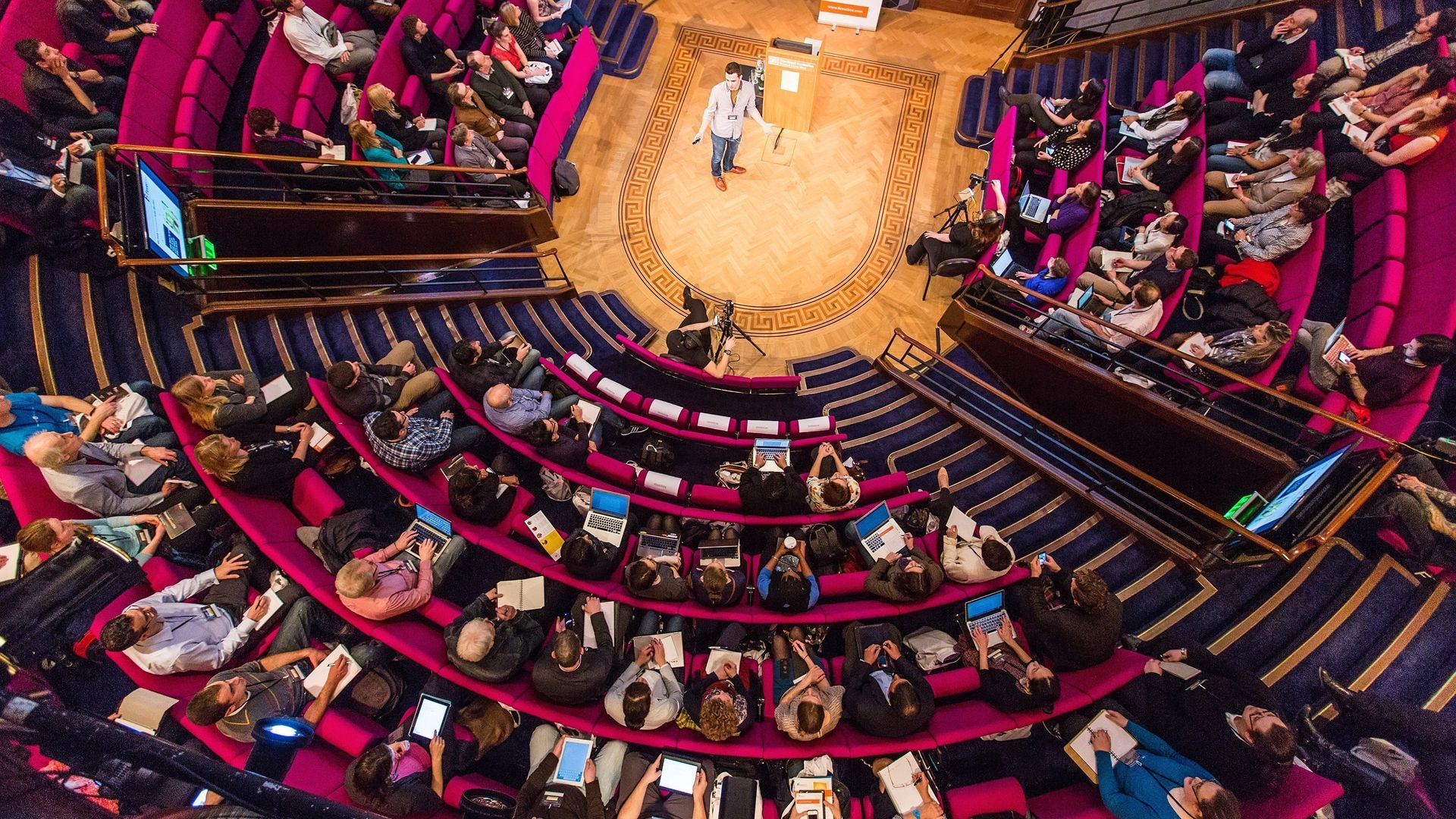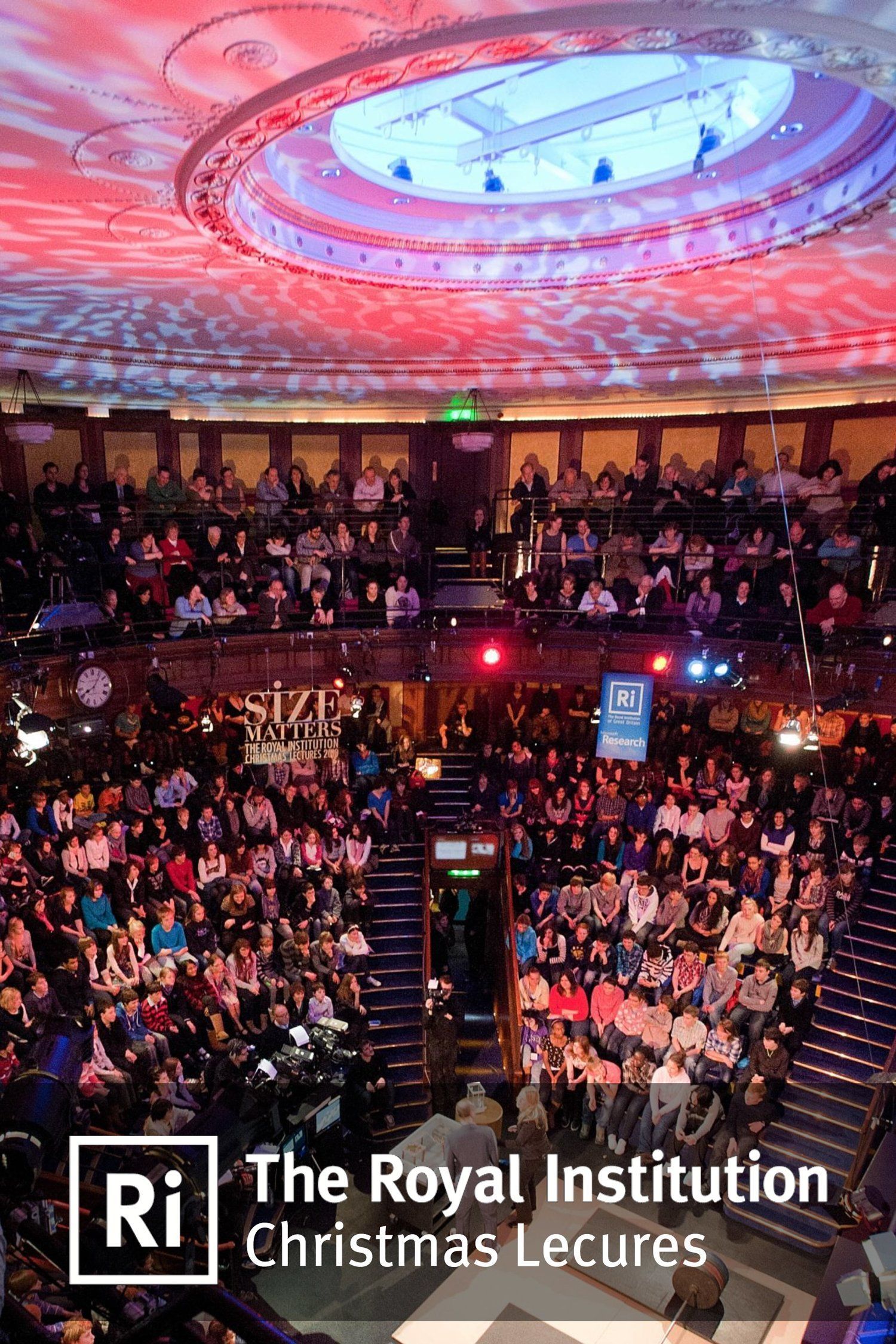

Royal Institution Christmas Lectures
Charles J. M. Stirling: Our World Through the Looking Glass
We are set apart from other animals both by use of language whose control is normally located in the left side of the brain and by the fact that unlike most other animals, which have mix handedness, we are predominantly right-handed. In the 1992 CHRISTMAS LECTURES, we look at first our own symmetry, overall in terms of handedness and our superficial appearance, and also below the surface at ours brains and other organs. Then we shall look at ourselves in the world at large, focusing on the symmetry of our fellow creatures and the artefacts that we have created. The connection of both of these to left-right relationships will be explored.